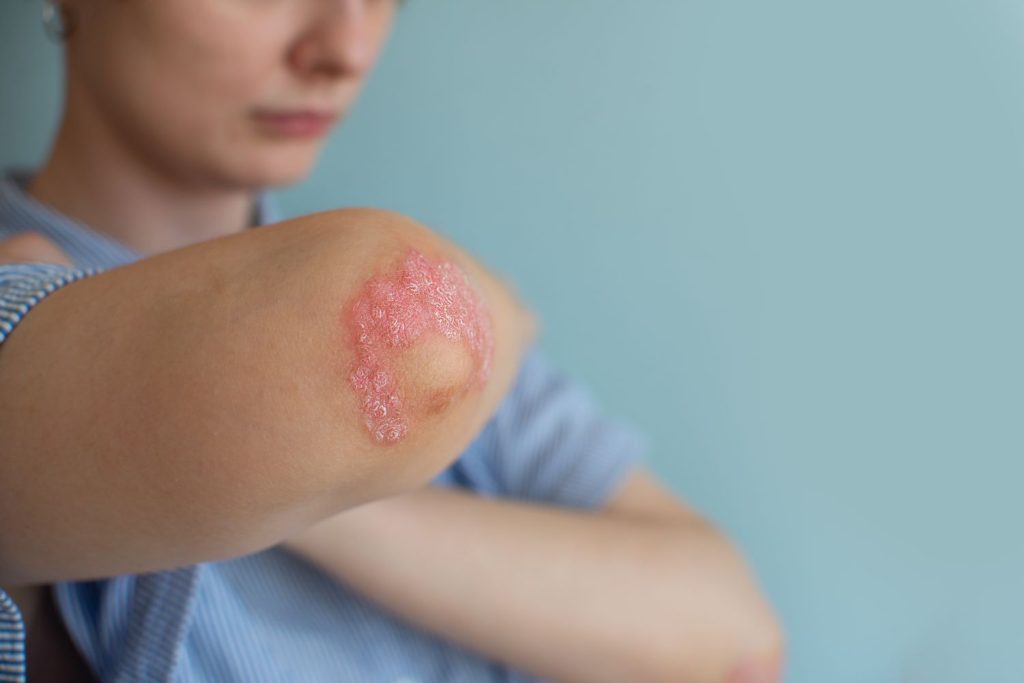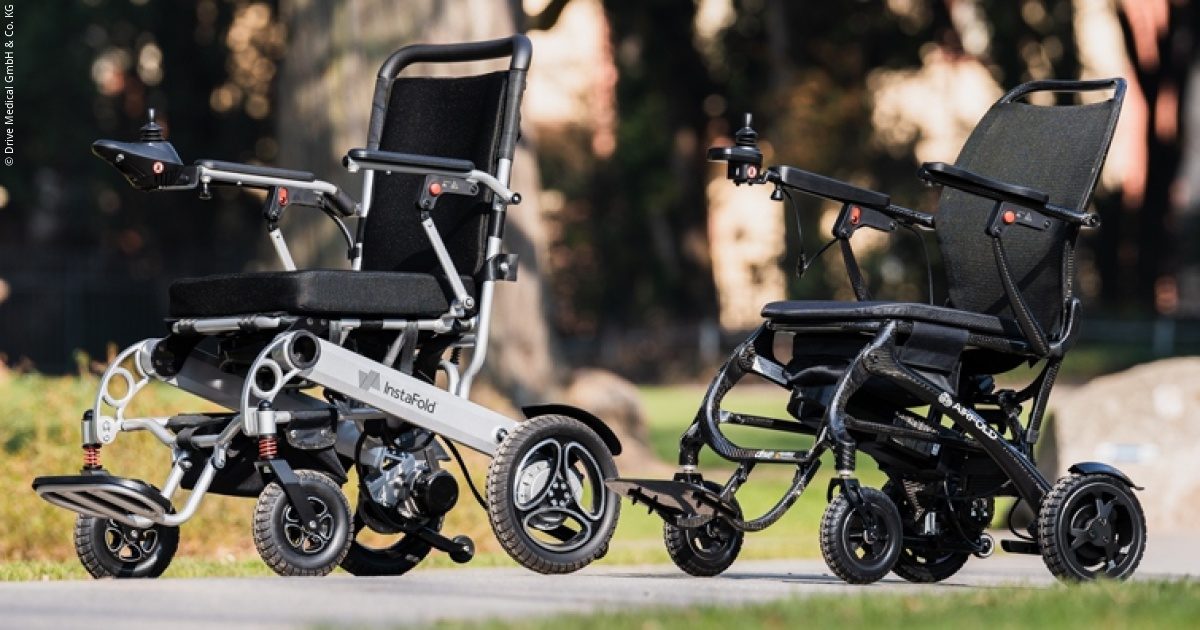Living with Psoriasis and Psoriatic Arthritis: Inflammation, “Silent” PsA, and the Collagen Connection

If you’ve ever dealt with the red, scaly patches of psoriasis or the achy joints of psoriatic arthritis (PsA), you know these conditions can be more than just a physical challenge—they can affect your confidence, daily routine, and overall well-being. While psoriasis and PsA often go hand in hand, they don’t always play by the same rules. Some people with PsA don’t show the usual signs of inflammation in blood tests, which can make things tricky. And then there’s the buzz about collagen—could it help with joint pain or even those stubborn skin patches? Let’s dive into what these conditions are, why inflammation markers sometimes go missing, and whether collagen might be a game-changer for managing symptoms. This blog is here to break it all down in a way that feels real and relatable.
Related: Top 10 Supplements for Women’s Health to Shop Now
Psoriasis: More Than Skin Deep
Psoriasis is like an uninvited guest that shows up as red, scaly patches on your skin, often on your elbows, knees, scalp, or lower back. It’s caused by an overactive immune system that gets a bit too enthusiastic, speeding up skin cell growth and leading to those thick, itchy plaques. For some, it’s a mild annoyance with a few small patches. For others, it’s a widespread issue that can make you want to hide under a blanket.
But psoriasis isn’t just about what you see on the surface. It’s an autoimmune condition, meaning your body’s immune system is mistakenly attacking healthy skin cells, causing inflammation. This inflammation doesn’t always stay local—it can affect your whole body, raising the risk of issues like heart disease, diabetes, or psoriatic arthritis. Doctors often check for inflammation through blood tests, looking at markers like C-reactive protein (CRP) or erythrocyte sedimentation rate (ESR). When these are high, it’s a clear sign your body’s in overdrive. But as we’ll see with PsA, those markers don’t always tell the full story.
Psoriatic Arthritis: When Joints Join the Party
Psoriatic arthritis is like psoriasis’s tougher cousin, affecting about 20-30% of people with psoriasis. It brings the skin symptoms you’re used to, plus joint pain, stiffness, and sometimes swelling that can make mornings feel like a battle. PsA can hit any joint—fingers, toes, knees, or even your spine—and it’s known for causing enthesitis, where tendons or ligaments get inflamed at their attachment points to bones.
The driving force behind PsA is inflammation, fueled by immune system players like tumor necrosis factor-alpha (TNF-α), interleukin-17 (IL-17), and interleukin-23 (IL-23). These culprits can lead to joint damage and bone erosion if left unchecked. Most of the time, blood tests show elevated inflammation markers, which help doctors confirm the diagnosis and guide treatment. But here’s where it gets interesting: some people with PsA have all the joint pain and stiffness but no elevated markers. Let’s talk about why that happens.
Psoriatic Arthritis Without Inflammation Markers: The Silent Struggle
Imagine going to your doctor with aching joints, maybe some swelling, and all the signs pointing to PsA—but your blood tests come back normal. No high CRP, no spiked ESR. This is what some call “non-inflammatory” PsA, and it’s a real head-scratcher for both patients and doctors. Even without those telltale markers, your joints can still be taking a hit. Here’s why this might happen:
-
Early Stages: If PsA is just getting started, inflammation might be confined to specific joints or tissues, not enough to show up in bloodwork.
-
Flare-Ups and Quiet Times: PsA can be a rollercoaster, with symptoms flaring up and then calming down. If you get tested during a quieter phase, your inflammation markers might look normal, even if damage is still happening.
-
Other Triggers: Some researchers think mechanical stress—like repeated strain on tendons or ligaments—could drive PsA symptoms without spiking systemic inflammation.
-
Test Limitations: CRP and ESR aren’t perfect. They might miss low-grade or localized inflammation that’s still causing trouble.
Diagnosing this kind of PsA often means relying on your symptoms, physical exams, and imaging like ultrasound or MRI to spot inflammation in joints or entheses. Even if blood tests are normal, treatments like anti-inflammatory drugs, disease-modifying antirheumatic drugs (DMARDs), or biologics might still be needed to keep things under control. It’s a reminder that your body’s story doesn’t always show up in a lab report.
Could Collagen Be a Helper for PsA?
Collagen is having a moment, popping up in everything from smoothies to skincare. But could it actually help with PsA or psoriasis? Collagen is a protein that’s a big deal in your body—it’s like the scaffolding for your cartilage, tendons, ligaments, and even skin. In PsA, where inflammation can break down these tissues, collagen supplements (especially hydrolyzed collagen or collagen peptides) are being explored as a way to support joint health and maybe even ease skin symptoms.
Here’s the scoop on what collagen might do:
-
Joint Support: Collagen peptides could help rebuild cartilage or improve joint lubrication, potentially easing pain and stiffness. Since PsA often involves enthesitis and joint damage, this could be a win for keeping things moving.
-
Taming Inflammation: Some studies suggest collagen might calm down an overactive immune response, which could be a bonus for autoimmune conditions like PsA.
-
Skin Benefits: Psoriasis leaves skin dry and flaky, and collagen’s been shown to improve skin hydration and elasticity in some cases. Could it help those psoriasis patches feel a bit less angry? Maybe.
Now, let’s be real: the science on collagen for PsA specifically is still pretty thin. Most studies focus on osteoarthritis or rheumatoid arthritis, and results are mixed. Things like the type of collagen (Type II is often used for joints), how much you take, and how your body responds can vary. Plus, if you’re on heavy-duty meds like biologics, you’ll want to check with your doctor before adding collagen to avoid any surprises. It’s not a magic bullet, but it’s an intriguing piece of the puzzle.
Managing Psoriasis and PsA: A Game Plan
Dealing with psoriasis or PsA is about finding what works for you. Here are some strategies to keep in your back pocket:
-
Medications: From creams for psoriasis to biologics for PsA, treatments like methotrexate or drugs targeting TNF-α, IL-17, or IL-23 can be game-changers. Even in “silent” PsA, these might be necessary.
-
Lifestyle Tweaks: Eating anti-inflammatory foods (think salmon, berries, and leafy greens), staying active, and managing stress can make a difference. Exercise might feel tough with sore joints, but gentle movement like yoga can help.
-
Supplements: Beyond collagen, things like omega-3s, vitamin D, or turmeric might support your joints and skin, but always check with your doctor first.
-
Physical Therapy: For PsA, working with a physical therapist can improve joint mobility and ease stiffness, especially if enthesitis is a problem.
-
Team Up with Your Docs: Regular check-ins with a dermatologist for your skin and a rheumatologist for your joints ensure you’re covering all bases, especially with tricky cases like PsA without markers.
Wrapping It Up
Psoriasis and psoriatic arthritis can feel like a lot to handle, especially when things don’t follow the usual script—like PsA without inflammation markers. It’s a reminder that these conditions are as unique as the people living with them. While collagen might offer some support for joints and skin, it’s not a cure-all, and more research is needed to know its true impact. By blending the right medications, lifestyle changes, and maybe even a supplement or two, you can take charge of your symptoms and live life on your terms. Always loop in your healthcare team to build a plan that fits your needs—because you deserve to feel your best, inside and out.
ADVERTISEMENT





